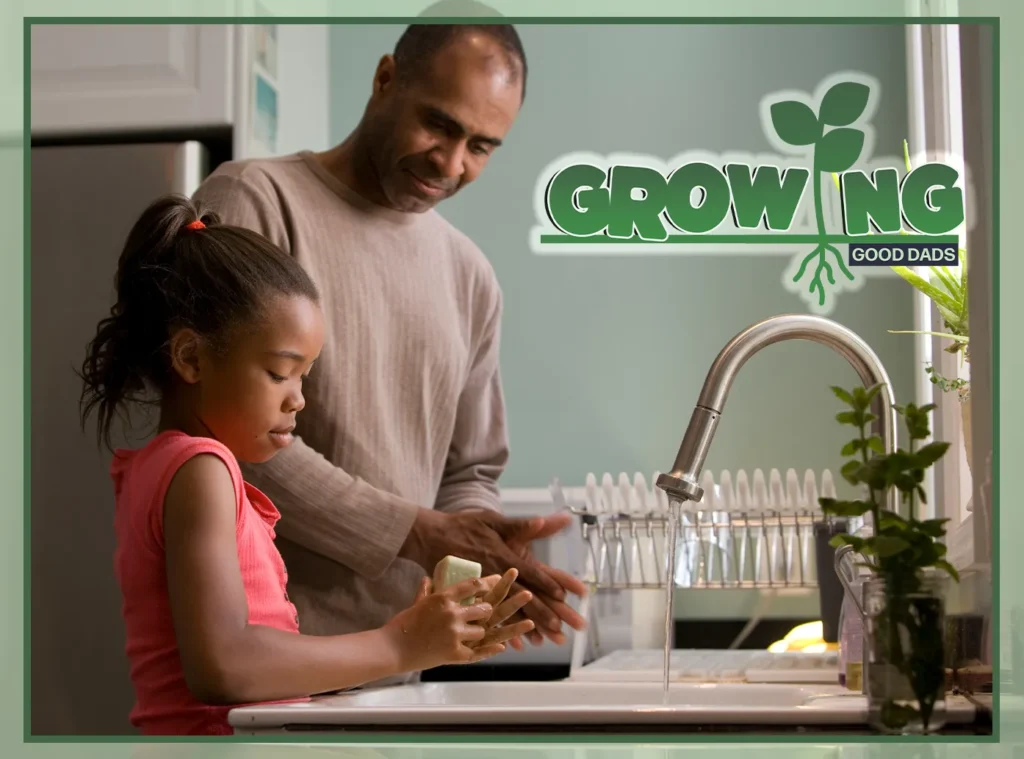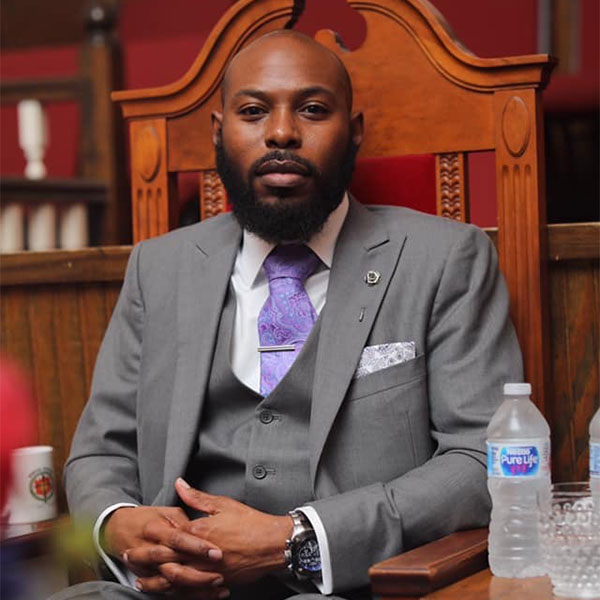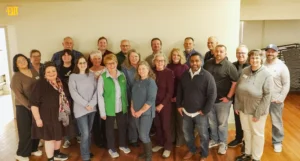I recall hearing movement coming from my daughter’s room early one morning, as her normal routine was to crawl out of her crib and play for a bit before exploring the rest of the house. This particular morning, I opened the door to her bedroom, and to my surprise, she was fully dressed—and adequately, might I add. I remember being impressed and relieved because now we didn’t have to get her dressed in the mornings. This could add time back to our mad dash out of the house, I reasoned. But I was quickly met with nostalgic grief: My baby doesn’t need me to get her dressed anymore.
Her developing independence seemed to happen literally overnight, and this was just the beginning for both our children at this age range.
The Centers for Disease Control & Prevention signifies the preschool age range with one strong characteristic: Developmental independence. This means our 3- to 5-year-olds are beginning to learn, explore and problem solve apart from parental initiation.
I can remember trying to help our son learn to ride a tricycle, and the largest challenge was his unwillingness to allow me to help him peddle. His main phrase during this time was “I want to do it by myself,” even though he wasn’t functionally able to do it by himself. It became increasingly clear on our end that we were going to have to find another way to assist our newly “independent” little ones, and this led us to trying to influence their early decision making.
In this way, my son and daughter are just like millions of other children their age. In general, a preschooler’s newfound developmental independence is marked by a growth in confidence, self-esteem and awareness. It’s imperative that we as parents don’t quench their development but are able to channel and steer it in a helpful direction that we can build upon for their future growth and continued development.
For our son, we needed to make sure that the place he was playing was safe for him to make decisions that wouldn’t lend to him getting hurt. For example, when we would have him play on the deck, I would check for loose wood, bugs, broken posts, or exposed nails. Then we would allow him to exist in the space seemingly alone to play – we have a window that we can observe from, but that can’t be seen from the deck.
He’s also the kind of kid that benefits from “good decision-making” conversations on the regular. When he’d attempt to jump from the kitchen table to the living room couch, I would ask him if he thought that would be a good decision. Inevitably he’d say no, and I’d ask why, and his response would be “because I could get hurt.” I just wanted him to start to think about what he was doing and not let impulse have its way.

Instead of exasperating our daughter by making her wear what we picked out, I would ask her to choose between a couple items of clothing so that she could make decisions within the bounds of reason. There were times when she wanted to wear a snowsuit in July, so that made for some entertaining conversations about seasonal wardrobes, heatstroke and hypothermia. When she had the freedom to choose what she would wear, she gained confidence in her ability to make a good decision—and I was teaching her how to pick clothing to wear for each day. Today both my kids will ask ALEXA for the forecast before picking out clothes.
Chores are another way for dads to aid preschoolers in building a sense of responsibility and self-reliance, developing executive functions, and nurturing teamwork and empathy. I also saw both my children start to take an interest in helping with various chores around the house at the preschool age. I was tempted to discourage their involvement because anything I was doing would take twice as long to complete when they were “helping” — and I use the word help loosely.
When they would see me rinsing dishes to place in the dishwasher they wanted to “help,” which meant we needed to pull a chair to stand at the sink and operate the sprayer. Needless to say, I ended up with a kitchen floor drenched in water and dirty dishes still needing rinsing. I noticed that as my children watched how we cleaned the dishes, they progressed in their ability to keep water in the sink and on the dishes.
This stage of development can be trying as a parent because of the perceived pulling away for help. It’s true that preschoolers require lots of patience when allowing our children to make not-so-good decisions—and then to help them make better decisions. It is no doubt difficult to work alongside a 3-, 4- and 5-year-olds, especially when pressed for time, but the effort communicates trust, sets up a shared goal and presents an opportunity to us as parents to set an example for our children to follow, especially in shared decision making.
Fathers, the end goal is to assist our children in developing into brilliant and adventurous little people and to show them that we see them and are cheering them on, even when they make mistakes. The season may seem daunting but know that your presence and attention goes a long way.
About the Author
D’Markus Thomas-Brown is the Good Dads Regional Director in Columbia, MO. D’Markus has a strong passion for community enrichment and reinvestment, especially for families. He is a Chaplain for the Columbia Police Department (CPD) and is credentialed by the International Conference of Police Chaplains (ICPC). He serves on the University of Missouri School of Medicine Echo hub team and is a board member of the Missouri Credentialing Board (MCB). He graduated from Columbia College with his master’s in business administration. He is an ordained minister who also serves as the Founding and Lead Pastor of Convergence Church. For question or comment, D’Markus can be reached at [email protected].





